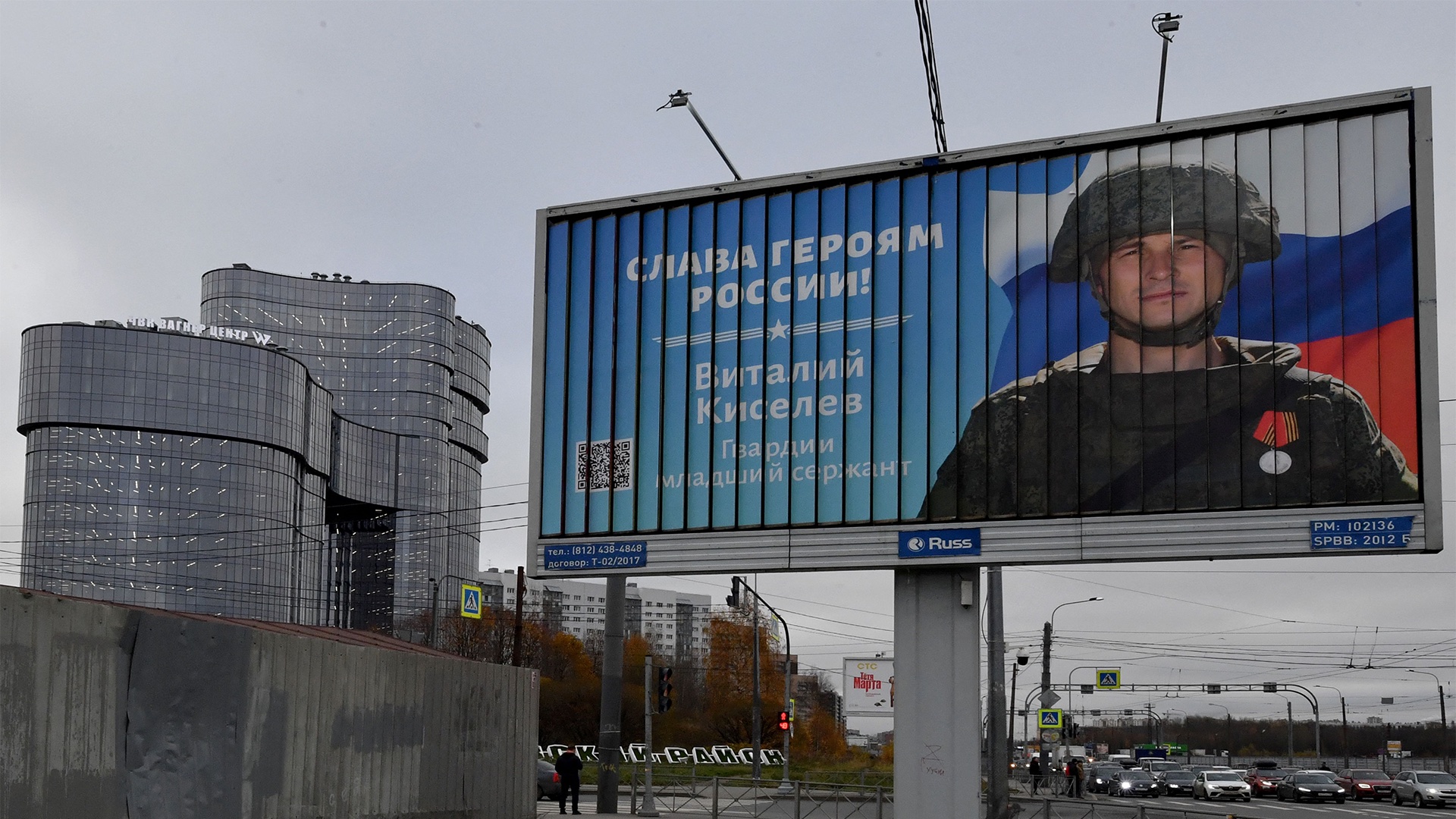

A recent report out of Ukraine suggests that at least some of the fighting there is not just between the Ukrainian and Russian militaries, but between Russian soldiers and members of the Wagner Group private military company as well.
According to a recent update from the Ukrainian military, a dispute between Russian soldiers and mercenaries from the Wagner Group in Luhansk Oblast escalated into a full-on firefight with multiple participants killed.
“With no significant achievements on the battlefield, the Russian Armed Forces and ‘Wagner Group’ PMC are increasingly attempting to find someone to blame for the defeats. They shift the responsibility for their own tactical miscalculations and losses suffered onto each other,” reads an April 23 update from the General Staff of the Armed Forces of Ukraine.
“As a result, a fight between Russian Armed Forces and PMC Wagner mercenaries broke out in the settlement of Stanytsia Luhanska (Luhansk oblast) recently,” the update continued. “It escalated into a shootout with participants on both sides killed as a result.”
Subscribe to Task & Purpose Today. Get the latest military news, entertainment, and gear in your inbox daily.
The Ukrainian military’s report was, of course, not confirmed by the Russian government, but tensions between the military and Kremlin-connected oligarch Yevgeny Prigohzin’s mercenary group have been simmering in public for the last several months now, with both sides sniping at each other in a veritable war of words.
At the beginning of the year, the Russian Defense Ministry claimed to have taken the Ukrainian city of Soledar, but did not note the presence of the Wagner Group, prompting a complaint from Prigohzin.
In February, with Wagner Group mercenaries heavily engaged around the Ukrainian city of Bakhmut, Prigohzin gave an interview to a popular Russian military blogger, criticizing the military for not supplying his private contractors with sufficient ammunition.
“I posted this photo of one of the points where we collect the dead, and all these guys died yesterday because of this so-called ammunition hunger,” Prigohzin said. “There should have been five times fewer dead … Who’s fault is this that they died? Those who should have solved the supply issue are to blame.”
Prigohzin went on to name Russian Minister of Defence Sergei Shoigu and Chief of the General Staff of the Armed Forces of Russia Gen. Valery Gerasimov as responsible for the supply issues around Bakhmut, where the Wagner Group was largely credited with achieving minimal territorial gains.

By April, Prigohzin went so far as to question how much longer Russia’s invasion of Ukraine would continue.
“The ideal option would be to announce the end of the special military operation and declare that Russia has achieved all of its planned goals — and, in some respects, we really have achieved them,” Prigozhin wrote in a more than 3,000-word blog post on April 14.
A week later, Prigohzin accused Russian “decision-makers” of “treason,” stating in an interview that “a criminal group did not give [Wagner forces] ammunition” and adding that, “I think what is happening today is a crime against Russia and Russian people. The criminals must be held accountable.”
As the war enters its 15th month, Ukraine is widely assumed to be preparing for a large offensive to break the stalemate that has marked the recent months of the conflict. From the beginning of the war, Russia’s military has been marked by a general lack of discipline, perhaps in no small part due to its near-total lack of a trained corps of non-commissioned officers, which makes the possibility of in-fighting among the various factions of Russian combatants entirely unsurprising.
The Wagner Group, meanwhile, has gained plenty of notoriety for recruiting convicts to fight in the Russian invasion of Ukraine, although the organization claims to have stopped the practice earlier this year. In the meantime, Prigohzin has touted Wagner as essentially the closest thing Russia has to a competent military force, which is at the heart of the dispute between the military and mercenaries.
Last week, Prigohzin once again took to the media to threaten the possibility of Wagner Group leaving the battlefield.
“Now, with regard to the need in general for shells at the front, what we want. Today we are coming to the point where Wagner is ending,” Prigohzin told Russian military blogger Semyon Pegov on April 28, according to Reuters. “Wagner, in a short period of time, will cease to exist. We will become history, nothing to worry about, things like this happen.”
The latest on Task & Purpose
- USS George HW Bush aircraft carrier rocks battle flag on return home from deployment
- Accused Air Force intel leaker Jack Teixeira’s bedroom is the most cringe thing we’ve ever seen
- The Navy wants to sell off its troubled littoral combat ships to allies after just a few years in service
- The beloved A-10 Warthog has a brand new role: bomb truck
- Army National Guard team wins this year’s International Sniper Competition